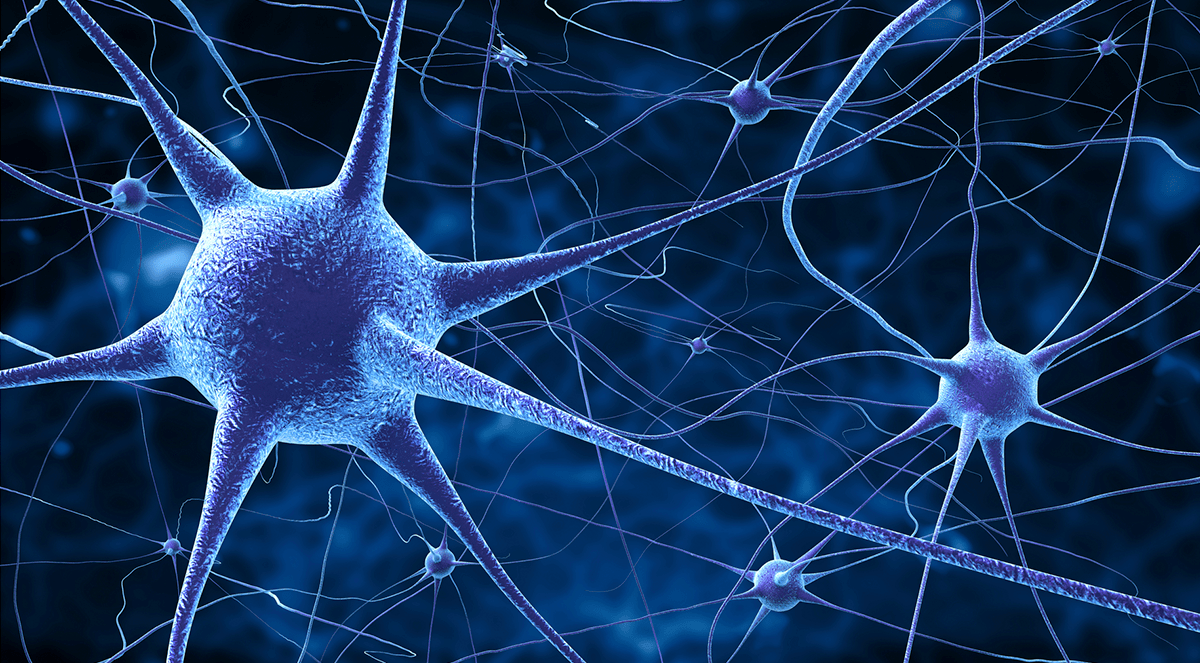Exome sequencing has been proposed as the first-tier genetic testing in autism spectrum disorder (ASD). Here, we performed exome sequencing in autistic individuals with average to high intellectual abilities (N = 207) to identify molecular diagnoses and genetic modifiers of intervention outcomes of social skills group training (SSGT) or standard care. We prioritized variants of clinical significance (VCS), variants of uncertain significance (VUS) and generated a pilot scheme to calculate genetic scores of rare and common variants in ASD-related gene pathways. Mixed linear models were used to test the association between the carrier status of VCS/VUS or the genetic scores with intervention outcomes measured by the social responsiveness scale. Additionally, we combined behavioral and genetic features using a machine learning (ML) model to predict the individual response. We showed a rate of 4.4% and 11.3% of VCS and VUS in the cohort, respectively. Individuals with VCS or VUS had improved significantly less after standard care than non-carriers at post-intervention (β = 9.35; p = 0.036), while no such association was observed for SSGT (β = -2.50; p = 0.65). Higher rare variant genetic scores for synaptic transmission and regulation of transcription from RNA polymerase II were separately associated with less beneficial (β = 8.30, p = 0.0044) or more beneficial (β = -6.79, p = 0.014) effects after SSGT compared with standard care at follow-up, respectively. Our ML model showed the importance of rare variants for outcome prediction. Further studies are needed to understand genetic predisposition to intervention outcomes in ASD.© 2021 The Authors. Autism Research published by International Society for Autism Research and Wiley Periodicals LLC.
Rare variants in the outcome of social skills group training for autism.


